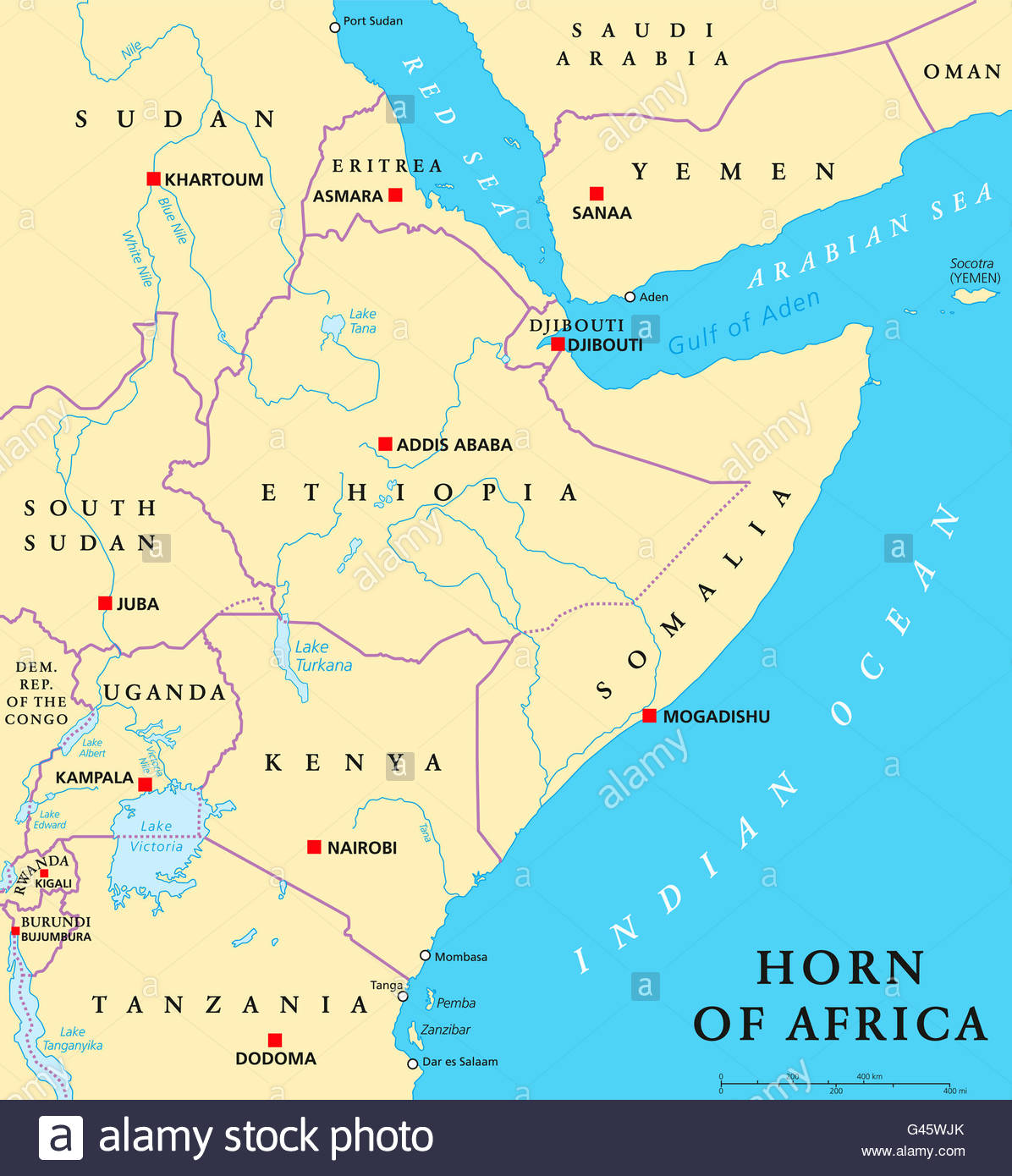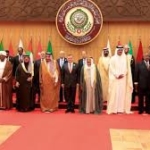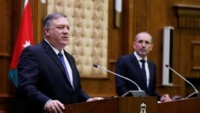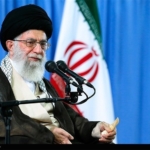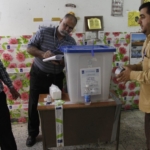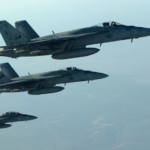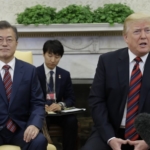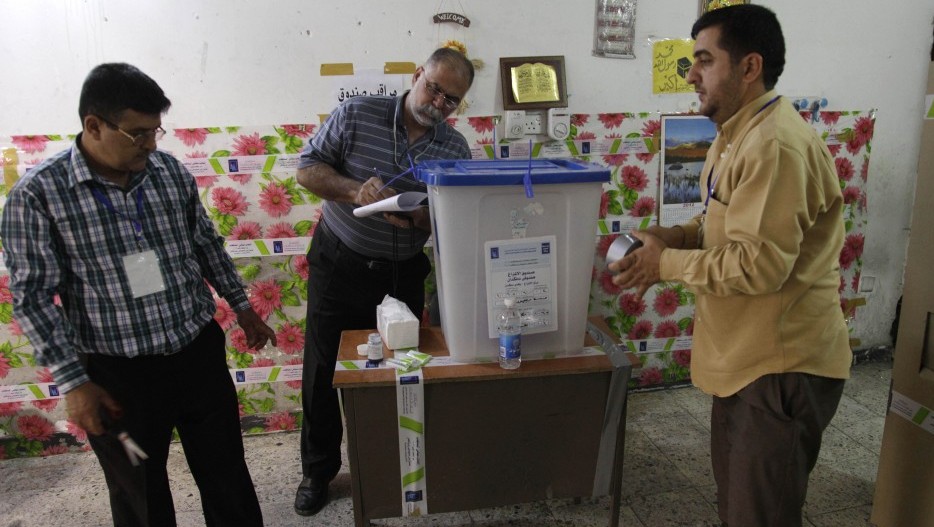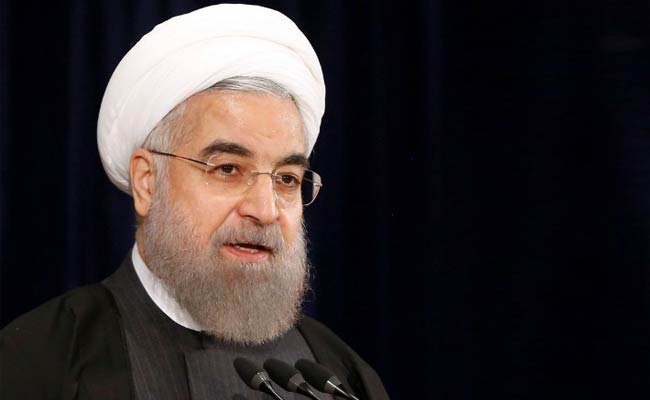Beirut, 100 morti e mille feriti per esplosione
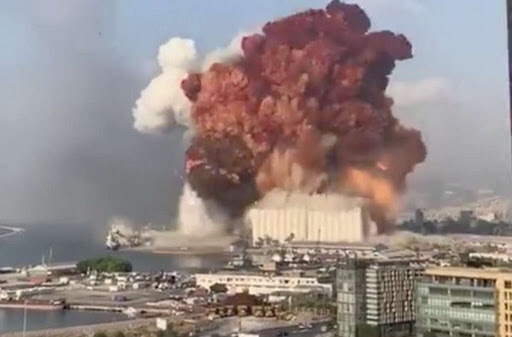
Una esplosione devastante nella zona del porto di Beirut ieri nel tardo pomeriggio ha distrutto una vasta area della capitale.
Ad esplodere sarebbe sttonun magazzino dove era posto sotto sequestro un ingente quantitativo di Nitrato sequestrato dalle autorità libanesi.
Il ministro degli interni Mohammed Fahmi ha riferito che da una prima ricostruzione il nitrato di ammonio sarebbe stato posizionato nel magazzino dopo esser stato sequestrato da una nave mercantile nel 2014.
Nei video disponibili in rete si vede molto bene che l’esplosione ha provocato una grande nuvola arancione tipica del rilscio di un gas tossico e nel Paese e’ forte la preoccupazione anche per le tossine presenti ora nell’aria.
Il ministro della salute libanese Hamad Hasan ha consigliato a chiunque possa di andare via da Beirut.
Nell’esplosione sono stati coinvolti anche alcuni militari italiani della missione UNIFIL
Un militare italiano del contingente ha riportato lievi ferite.
È stato lo stesso militare a informare direttamente i familiari sul suo stato di salute.
Sul posto, in stretto coordinamento con le forze di sicurezza libanesi, sono intervenuti i soccorsi del Sector West di Unifil che stanno provvedendo all’evacuazione del personale.
100 i morti provocati dalle esplosioni Lo ha reso noto la Croce Rossa libanese. I feriti sono oltre 4.000. Ma è purtroppo ancora un bilancio provvisorio. Media locali parlano anche di centinaia di dispersi sotto le macerie.

